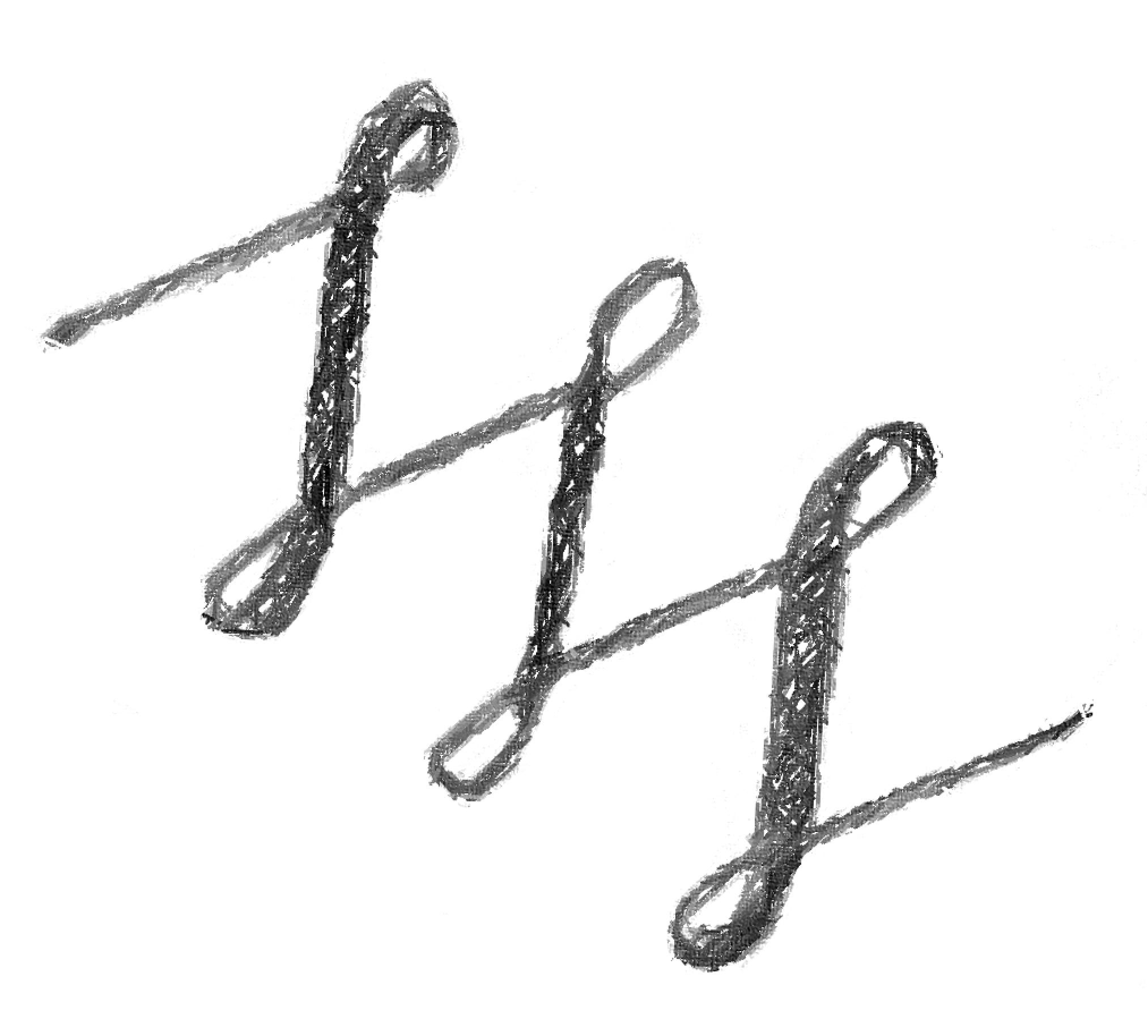Hi all,
Thank you for joining me for today’s song, “Harriet Tubman (Come On Up)”, words and music by Walter Robinson, 1977, sung by Jon Carroll and Heidi Martin. If you’d like to hear the song before you read about it, I’ve included a YouTube video below the article. For Japanese students, vocabulary words in bold are provided in Japanese below. TOEIC (PBT) 450+, Eiken 2, CEFR B1.
Did you know you can listen to each article of “Social Issues in Song” on the Substack App?
There are many words you might not know is this reading passage. Why no challenge yourself to read it first without looking up the words. How much can you understand?
(520 words)
Harriet Tubman was born in Maryland in1822 and grew up as a slave. She was separated from other family members who were sold into slavery in the southern part of the U.S. Growing up, she learned the land where she lived, and she met African American sailors who worked on ships that traveled along the northeast coast. The sailors became a way of communication for many people who wanted their freedom.
There was one of two things I had a right to, liberty or death; if I could not have one, I would have the other. - Harriet Tubman
Tubman also wanted to be free and, in 1849, she decided to escape. She traveled a long way, mostly on foot, through forests and across rivers to Philadelphia, Pennsylvania. This was very risky because if she had been caught, she would have been forced back into slavery and punished.
Harriet was not caught. In fact, she wanted to help others escape, too. She became a leader in something called the Underground Railroad.
One night I dreamed I was in slavery
'Bout 1850 was the time
Sorrow was the only sign
Nothing around to ease my mind
Out of the night appeared a lady
Leading a distant pilgrim band
"First mate" she yelled, pointing her hand
"Make room on board for this young man"
Singing, Come on up, I got a lifeline
Come on up to this train of mine
She said her name was Harriet Tubman
And she drove for the Underground Railroad
The Underground Railroad wasn't a real railroad with trains. It was a secret network of people and certain safe houses that helped slaves escape to freedom in the North. Harriet Tubman made many trips back to the South, guiding other slaves to freedom. She helped around 70 of her own family and friends escape to freedom. She was so good at it that she was never caught, even though people were trying hard to stop her.
Hundreds of miles we traveled onward
Gathering slaves from town to town
Seeking every lost and found
Setting those free that once were bound
The Civil War
During the American Civil War (1861-1865), Harriet Tubman worked as a nurse, cook, and even a spy for the Union Army (the side that wanted to end slavery). She was the first woman to lead an armed fight in the war, and she helped free over 700 slaves as a result of that fight.
Somehow my heart was growing weaker
I fell by the wayside sinking sand
Firmly did this lady’s hand
Lifted me up and took my hand
Harriet moved at night and used the stars to guide her. She also disguised herself in different ways so people wouldn't recognize her. Because of her bravery and success, she was given the nickname "Moses," just like the Moses in the Bible who led his people to freedom.
Who are these children dressed in red
They must be the ones that Moses led
After the war
After the war, Harriet continued to fight for the rights of Black people and women. She worked hard to make sure everyone was treated equally and fairly.
Harriet Tubman is remembered as a hero because she helped so many people and stood up against unfairness. She showed incredible courage and determination, intelligence, and kindness.
Question
Do you think slavery has ended? Take a look at this global data: https://www.walkfree.org/global-slavery-index/map/ Is there anything that surprises you?
Vocabulary
slave 奴隷
sailor 船乗り
risky 危険
sorrow 悲しみ
pilgrim 巡礼者
first mate 一等航海士
lifeline 命綱
safe houses アジト (奴隷が北へ逃れる際に避難所と食料を提供する場所である。)
onward 前進
gather 集める
bound 縛られる
wayside 道端
sinking 沈む
disguised 偽装
bravery 勇気
nickname あだ名
unfairness 不公平
determination 決意
Read more about the life and work of Harriet Tubman at: https://www.nps.gov/hatu/learn/historyculture/htubman.htm#:~:text=In%20the%20fall%20of%201849,was%20separated%20from%20her%20family.











Louise you have just saved me a huge amount of time and effort posting this today! One of my students has a project to complete by next Tuesday on Harriet Tubman and the information is very limited in French! May I have your permission to use this in class please? I would explain its origins and your purpose of course. 🙏🏽